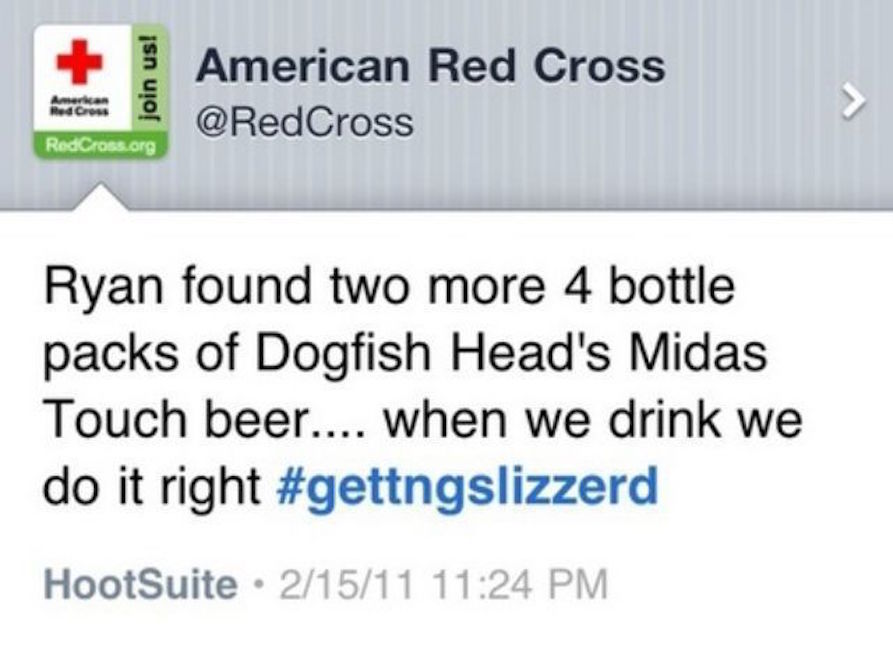Small, mid-sized, and chapter-based nonprofit organizations are often challenged with finding the staff time to maintain social media channels. In some cases, the creation of pages and implementation of updates falls to interns and volunteers.
While volunteers often have the best intentions when they set up a social media page for their organization, local chapter, or a specific event, it is a practice that should be discouraged if there is no staff oversight. Communication gaps or inappropriate updates can damage the reputation of the nonprofit, especially as social media is a place for new volunteers or donors to learn more about the organization.
Below are three of the common issues that come up with volunteer-run accounts.
Too Many Updates
Some social media enthusiasts post early and often. We all have that friend, family, or colleague who posts every update to their day on social media. That communication style is not conducive to nonprofit organizations. You risk burning your followers out on updates or preventing them from following you in the first place. As an anecdote – I check the pace of Twitter updates before following anyone on Twitter. If someone is going to dominate my timeline, I’m not going to follow them. This is a relatively common practice. If the individual or team in charge of your social media is updating too often, it’s your responsibility to set a limit on posts per day.
Lack of Updates and Dormant Accounts
If you have volunteers that are not updating these social media accounts, it is time to connect with them and ask them to honestly assess if they have the time to be active in the space. It is important for your organization to establish and define what “active” means so that your volunteers can understand the commitment you expect. For some organizations this is posting once or twice a week, for others, it may be communicating every day or multiple times a day on Twitter.
Some organizations may have Facebook, Twitter, or Instagram accounts that are dormant. This often happens when individuals or interns set up accounts for specific events, and they become neglected during the event’s “offseason” or if the volunteer or intern steps away from their role. If your organization has social media accounts that you are unsure of who is currently managing them, you should reach out and see if you can determine who the administrators are. This should be done by sending a direct message on Twitter, or a message via Facebook. It’s always best to send a private message to any platform instead of posting publicly to avoid any confusion or embarrassment for your volunteers.
If you decide that it would be best to close an account, be sure to post a final message letting followers or fans know that you’re closing the account and redirect them to your organization’s primary social media page.
Inappropriate Updates
If there are volunteers that are posting content that is not reflective of the brand and messaging of your nonprofit, you must immediately acknowledge the issue and communicate what is expected.
Does your nonprofit feel comfortable endorsing local businesses? If not, volunteers should not be posting content that may appear to be recommending services due to a donation to your organization. Does your nonprofit want to be involved in political discussions? Sometimes volunteers can overstep their boundaries when posting on behalf of your organization.
If a volunteer or intern posts something, accidentally or purposefully, that does not reflect your organization, you need to remove their access to the account. If it is time to remove someone from your organization’s social media accounts reach out to the individual directly. Remember to emphasize your appreciation for their efforts and thank them for their enthusiasm. While their social media pages may cause you a headache, this type of volunteer could continue to be an ally when attempting to grow your social media audience and community.
Image Source: Mashable

Justin (he, him) is a Principal and Co-Founder of Social Change Consulting. He has over fifteen years of nonprofit experience, with expertise in online fundraising, digital communications, and data management. Justin helps organizations connect their communication strategy to their income development needs. When he’s not on the clock, Justin is exploring Berlin, running, listening to too many podcasts, and drinking too much coffee.
